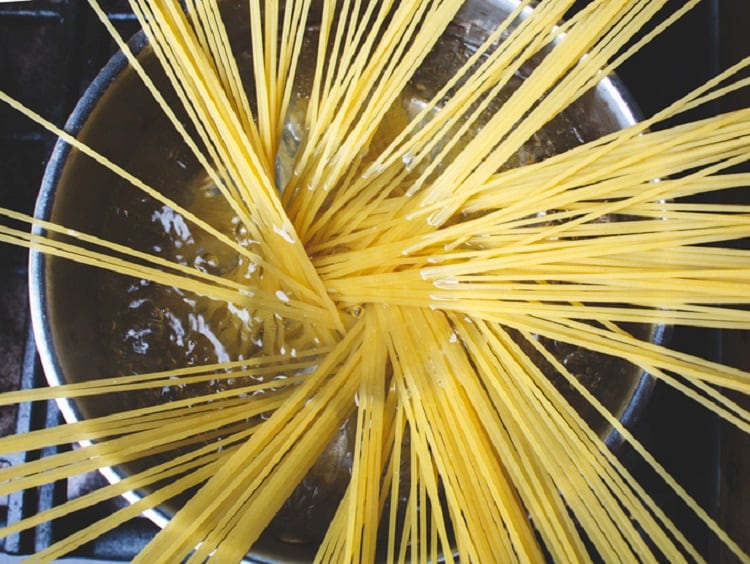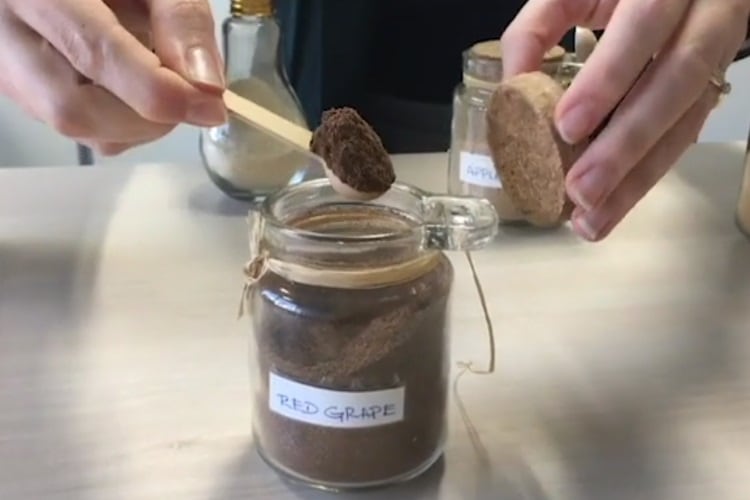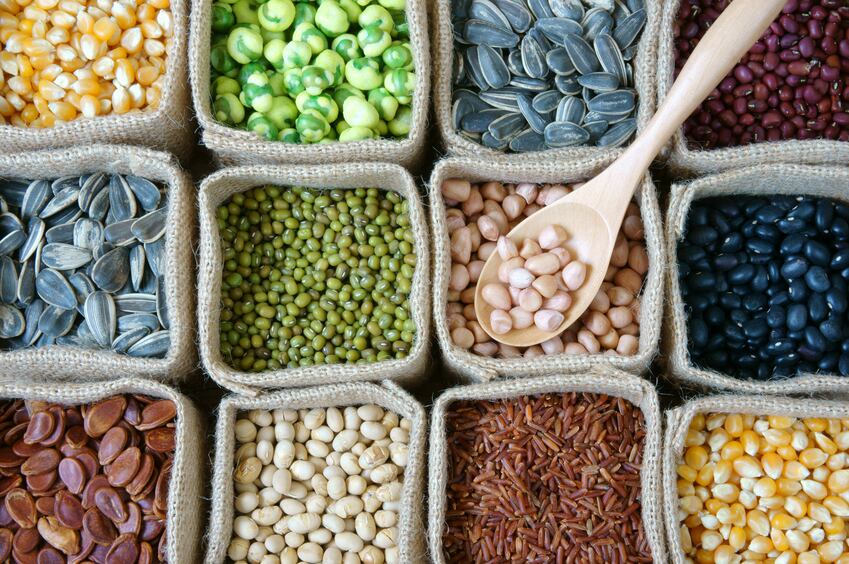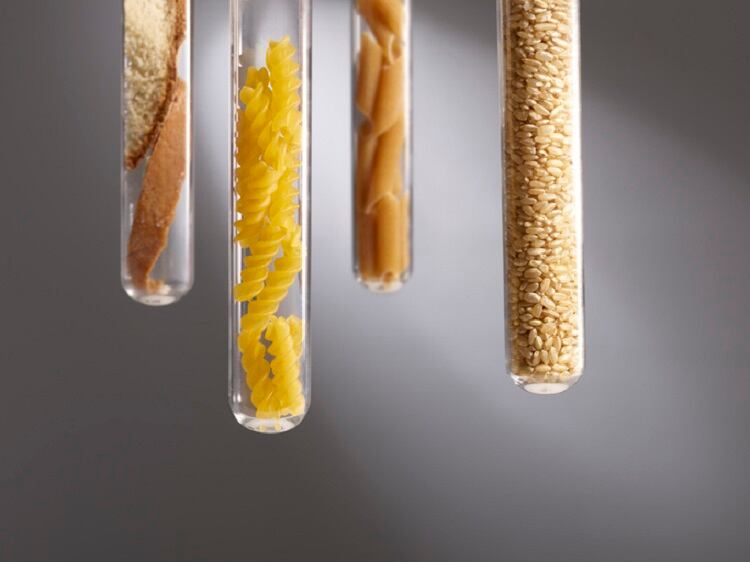According to Mülenchemie, adding 40 g of the Pastazy PD enzyme per 100 kg of flour can extend the cooking time of pasta and noodles by 20 minutes, even when overcooked.
“Pasta tends to stick together quickly if it is cooked or kept too long. The quality and therefore the cooking tolerance of the pasta suffers considerably, especially when low-protein flour are used,” explained the company.
The German firm, which launched the enzyme system last year, told FoodNavigator it expects the development will help food manufactures switch to cheaper wheat varieties.
Low vs high-protein flour
While high-protein, hard wheat flour is regarded the optimal raw material for the production of high-quality pasta, it is generally more expensive than low-protein alternatives. “Especially durum wheat, which is the most common wheat used in pasta production,” explained pasta product manager Jana Russnak.
Price aside, restricted availability of high protein wheat varieties makes mixtures of hard and soft wheat, or soft wheat alone, “very interesting for use in the past industry”. Softer flours, however, are less tolerant to longer cooking times, which can affect that sought-after al dente bite.
Pastazym PD make it possible to achieve acceptable quality of pasta and noodles made with soft or mixed flours despite prolonged cooking times, said Russnak. This means that manufacturers can “switch to cheaper wheat varieties and considerably reduce the cost of raw materials.”
Consumer behaviour
The ‘anti-stick’ element can also have a positive influence on consumers’ purchasing decisions, Russnak told this publication.
At home, “consumers [often] pay no attention to the cooking time and accept [pasta is still good] even after a long cooking time.”
In addition, “customers keep the pasta warm for a long time and want the pasta to be stable. So a long overcooking tolerance is [important] as well,” she continued.
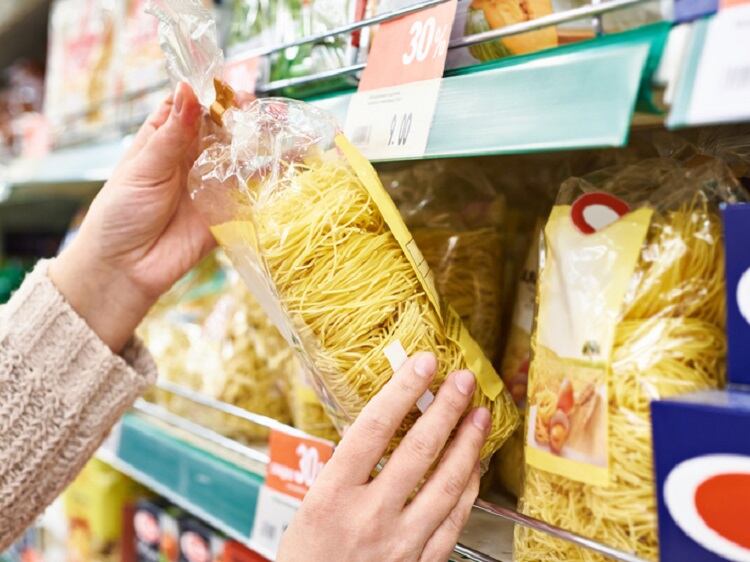
Pastazym PD can also help firms tap into the clean label trend – a movement associated with products containing few, authentic ingredients.
As Pastazym PD is classified as a processing aid, its addition does not require adjustment on a product’s ingredient label, Russnak explained. “After the drying process, the enzymes are deactivated and have no functionality in the final pasta.”


